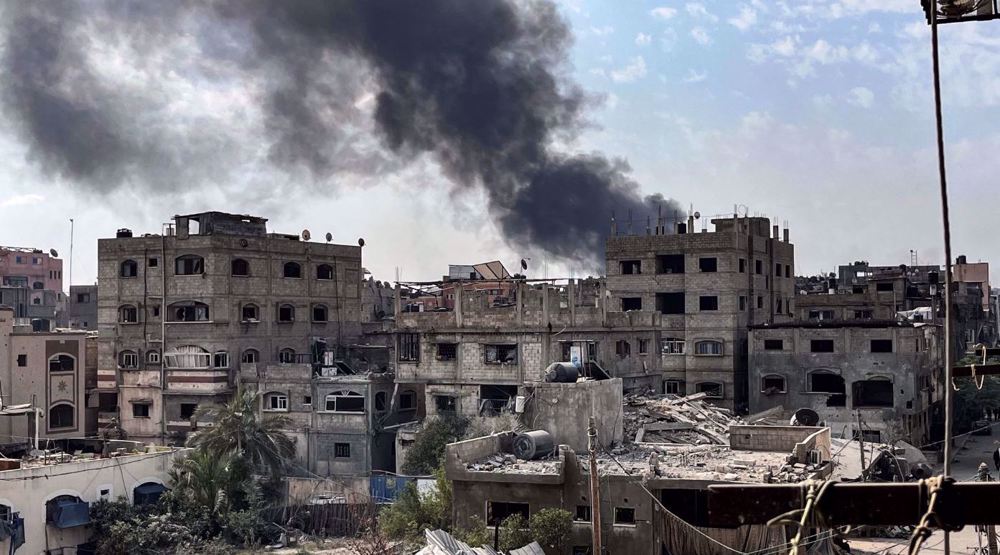Tuberculosis epidemic larger than previously thought: WHO
The United Nations’ public health authority has criticized the international community for not doing enough to deal with the tuberculosis (TB) epidemic, saying the infectious disease is taking more lives than thought.
Latest data published on Thursday by the World Health Organization (WHO) in its 2016 Global Tuberculosis Report show that countries needed to move much faster to prevent, detect and treat tuberculosis.
TB kills 1.8 million people worldwide each year, not the 1.5 million previously estimated, according to the WHO’s Global TB Report 2016.
The tuberculosis epidemic is larger than previously thought, while research into vaccines and cures is “severely underfunded,” WHO warned.
The report emphasized that countries needed to tackle the epidemic through “bold political commitment and increased funding.”
The amount of money being spent on research and development for TB treatments needs to be at least $2 billion per year, it added.

TB was one of the top 10 causes of death worldwide last year.
According to the TB report, the size of the epidemic rose largely because researchers realized that earlier estimates in India from 2000-2015 were too low.
Six countries accounted for 60 percent of the new cases: India, Indonesia, China, Nigeria, Pakistan and South Africa, it added.
“The WHO Global TB Report is a wake-up call ... a shockingly bad report card,” said a statement from Doctors Without Borders.
Tuberculosis is a highly infectious disease caused by the bacterium Mycobacterium tuberculosis (MTB).
The disease generally affects the lungs and its symptoms include chronic cough with blood-containing sputum, fever, night sweats and weight loss.
Iran calls on EU to end targeting ordinary Iranians after missile transfer claims refuted
UK police detain Jewish scholar Haim Bresheeth following pro-Palestine address
VIDEO | Iraqi resistance strikes key Israeli targets in occupied territories
VIDEO | Press TV's news headlines
Iranian satellites launched into space as private sector debuts in space industry
VIDEO | Iran, Azerbaijan conduct joint maritime rescue operations
VIDEO | Yemen’s Red Sea divide: Naval forces block Israeli-linked ships in strategic ‘parting of the water’
VIDEO | Southern Gaza: Israel’s facade for famine and suffering












 This makes it easy to access the Press TV website
This makes it easy to access the Press TV website